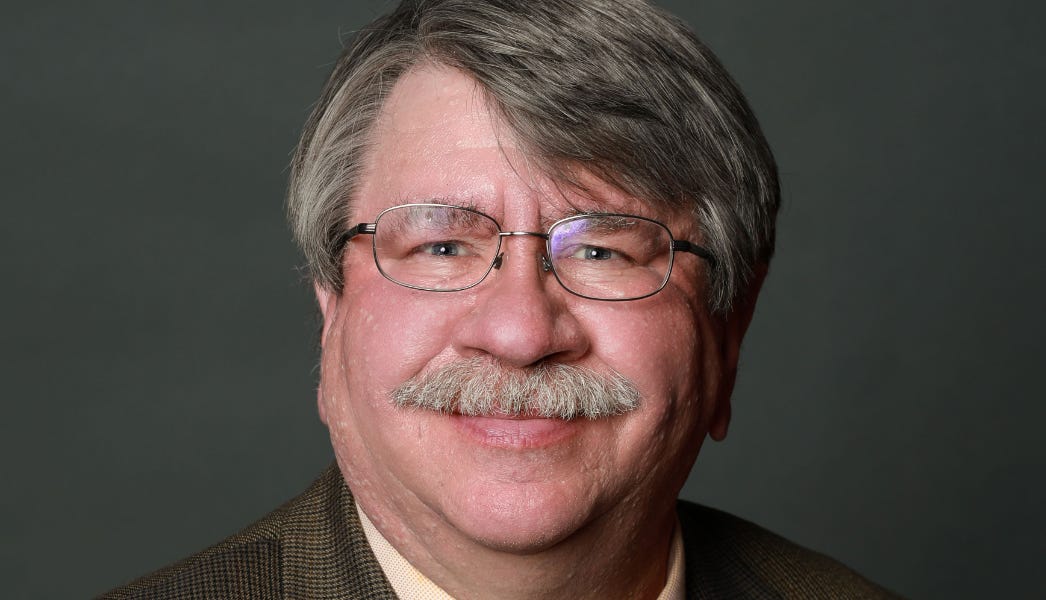Deplorable:
Iowa House Republicans have revived efforts to ban diversity, equity and inclusion programs at Iowa's public universities, following up on a proposal that failed to gain traction earlier.
Republican lawmakers in recent years have leveled attacks at diversity efforts at Iowa’s universities, arguing the efforts represent a left-wing political ideology and increase unnecessary administrative costs. Democrats say the programs make the universities a more welcoming place for students of all backgrounds.
The proposal, added to the House education budget in the final days of the legislative session, would codify the major recommendations made by the Iowa Board of Regents, which oversees the three public universities, after a study last year.
The bill,
Senate File 2435, would ban regent universities from establishing or funding DEI offices for any reason not required by federal or state law or accreditation standards. The rules would apply to Iowa State University, the University of Iowa and the University of Northern Iowa.
The bill defines DEI, in part, as “any effort to promote differential treatment of or provide special benefits to individuals on the basis of race, color or ethnicity.”
Both chambers of the Legislature passed the bill with only Republican votes on Thursday, but the House added an amendment to the Senate-passed bill, sending it back to the Senate for approval. The amendment regulates the use of funds established for the Division of Special Education that will oversee the area education agencies.T
Senate Republicans passed the education budget in a floor vote Thursday after amending their previous budget to match the House proposal. It passed the Senate on a partyline vote, 32-13.
The House passed a separate bill earlier this year that would have restricted DEI and made other higher education changes, but the Senate did not take it up.
Rep. Carter Nordman, a Republican from Panora who leads the Education Appropriations Subcommittee, said the new regulations came from negotiations with the Senate and would codify what the regents proposed.

Rep. Carter Nordman, R-Panora
“I think we’re tired of talking about it,” he said. “The regents did an in-depth study on it. A bipartisan board — Republicans, Democrats and independents — voted in favor of eliminating DEI. I think what we’re doing here is just kind of cleaning it up, getting it done with.”
The regents, appointed by Republican Gov. Kim Reynolds, are made up of five Republicans, three independents and one Democrat.
Nancy Dunkel, the sole Democrat regent,
criticized the recommendations last year and said she could not support them, saying her colleagues were introducing “political intrusion” to the universities. Abby Crow, a registered independent and the student regent, also had concerns about some of the recommendations.
Under the bill, the rules prohibiting DEI offices would take effect July 1, 2025. The universities would not be able to hire or assign an employee to perform DEI duties, and they would be prohibited from requiring DEI statements and giving preferential treatment to a person based on a DEI statement.
The bill specifies that the rules do not apply to student groups, academic course instruction, speakers or research and creative works done by students, staff or faculty.
Any funds that would otherwise have been directed to DEI offices at the end of fiscal 2025 would be directed to the Iowa Workforce Grant and Incentive Program, which provides grants to students in high-demand majors.
“What this does is ensure that our universities are getting back to educating our future workforce, educating the future of our state and country,” Nordman said.
Democratic Rep. Adam Zabner of Iowa City, whose district includes the UI, said the bill introduces national political motives to Iowa’s universities. He said diversity programs at Iowa’s universities have been successful in fostering student success and belonging.

Rep. Adam Zabner, D-Iowa City
“This allegation that universities are indoctrinating students, or that there’s something nefarious happening, it’s just not true,” he said.
House Republicans’ previous higher education bill included a cap on tuition increases at the public universities, but those policies did not make it into the education budget. The budget includes a 2.5 percent increase in state funding for all three universities.
Democrats proposed a bill this year to freeze tuition at Iowa’s universities but boost the amount the state spends on them.
“It used to be that the Legislature, the state, covered most of the cost of college, and families chipped in,” Zabner said. “Now that’s switched to where families are bearing the brunt of paying for college and the Legislature chips in a little bit.”
During floor debate in the Senate on Thursday, Sen. Jeff Taylor, R-Sioux Center, said he thought the bill gave significant support to public universities and gave them discretion about where to spend the money.
"We're certainly not starving the regents universities," he said. "2.5 percent is a healthy increase, and I was gratified that we were able to have an increase for UNI and for Iowa State and for University of Iowa without fencing that in, without saying that it's going to be for this program or for that program."
Any funds that would otherwise have been directed to DEI offices at the end of fiscal 2025 would be directed to the Iowa Workforce Grant and Incentive Program under the bill.

www.thegazette.com


 iowawrestlingblog.com
iowawrestlingblog.com